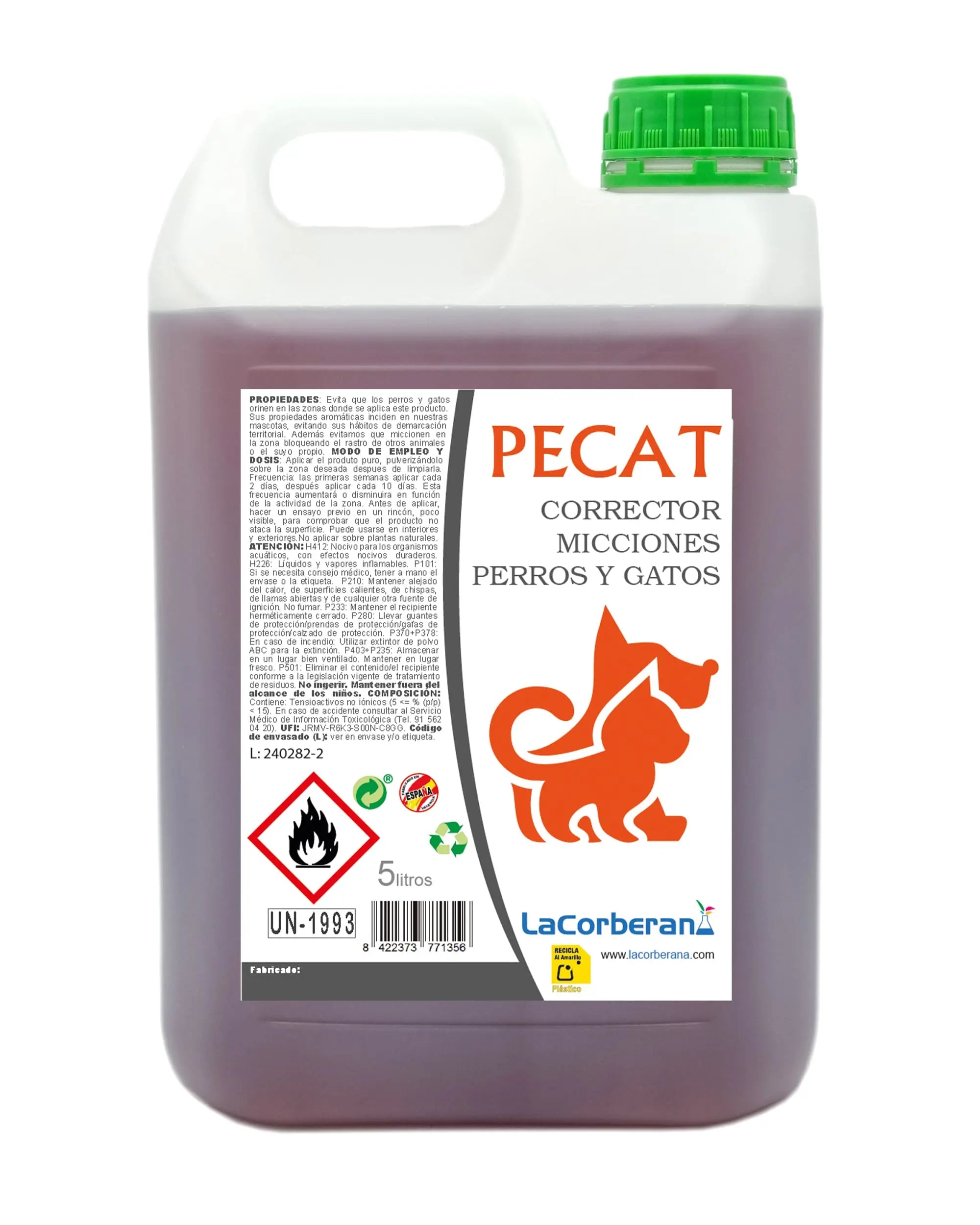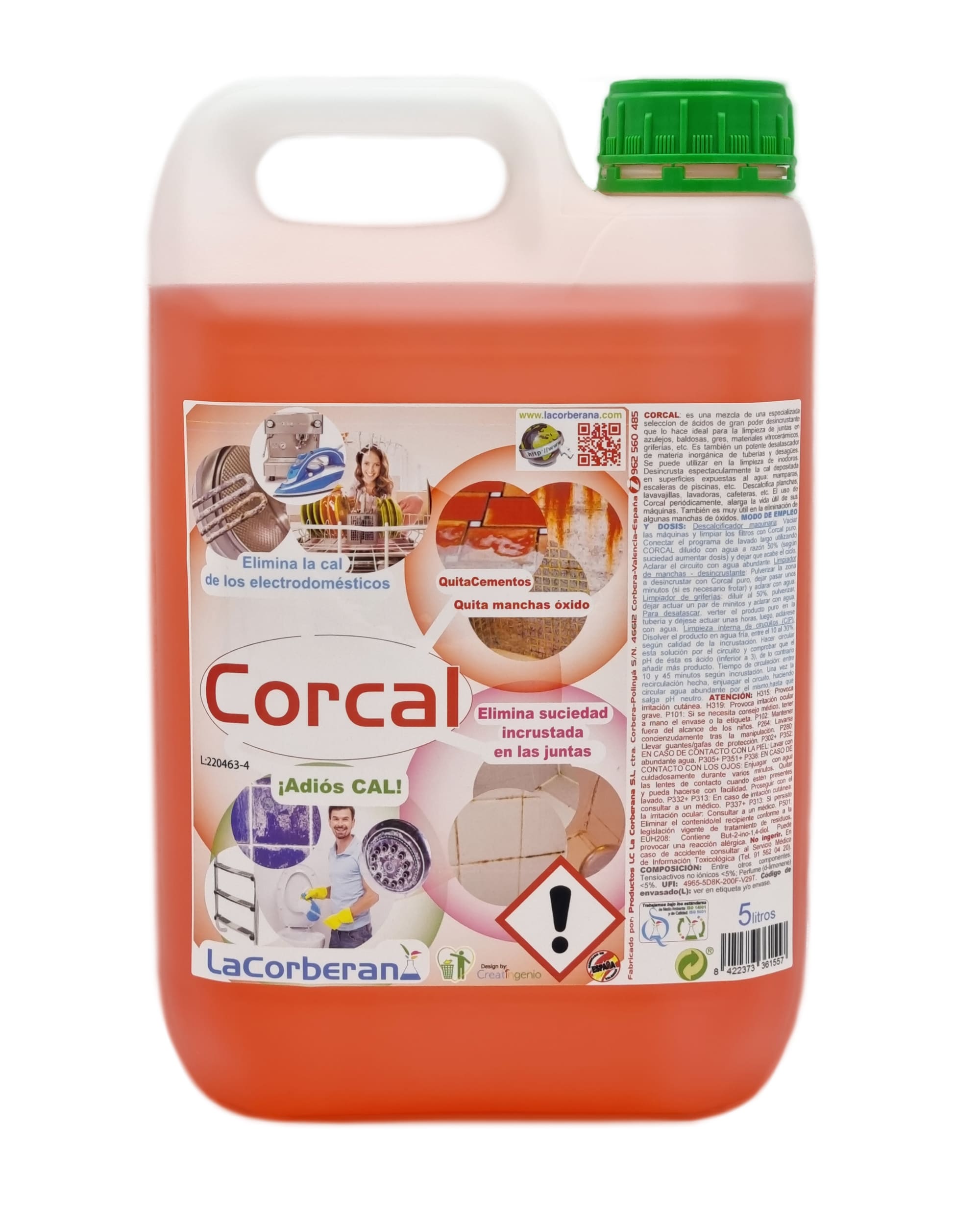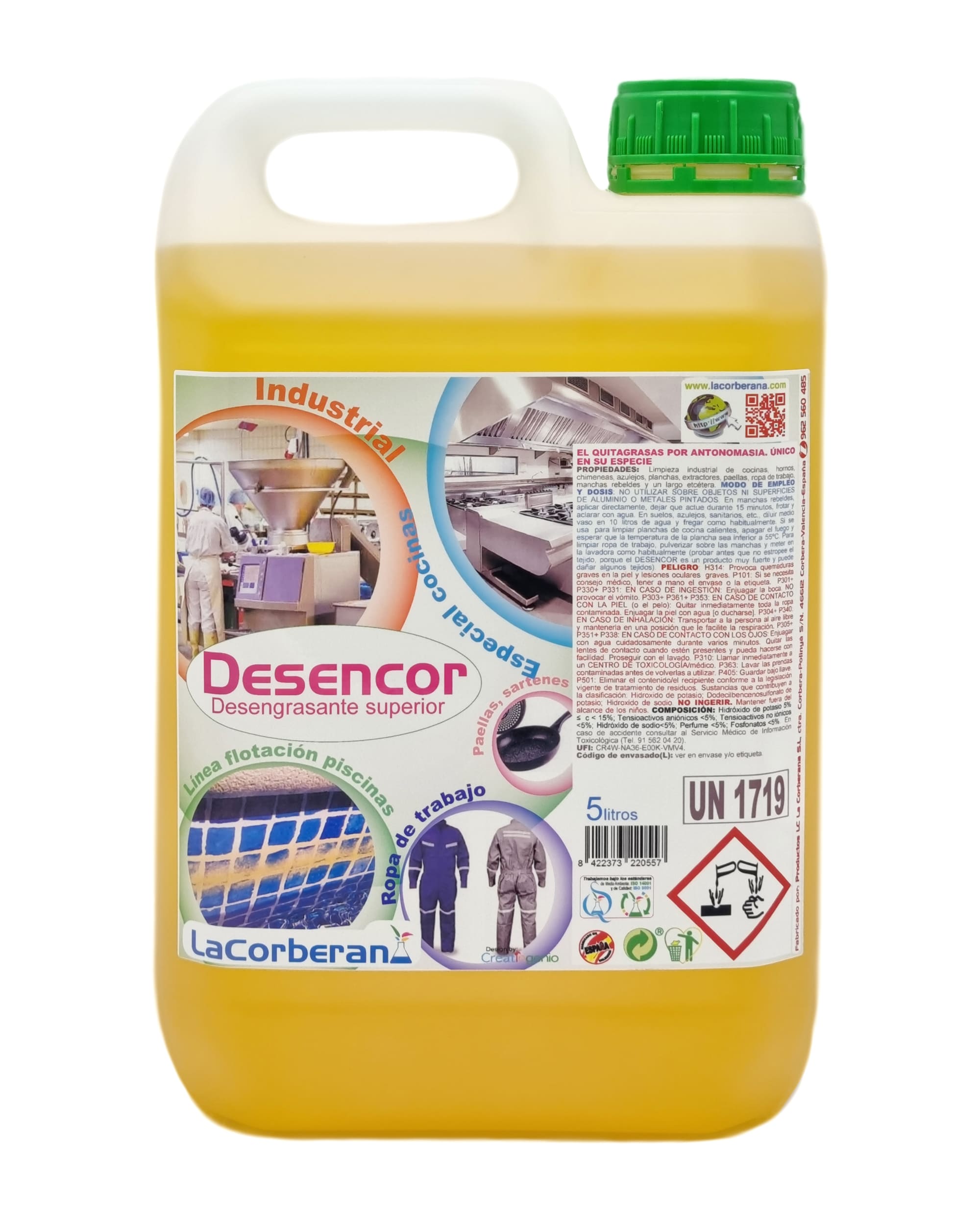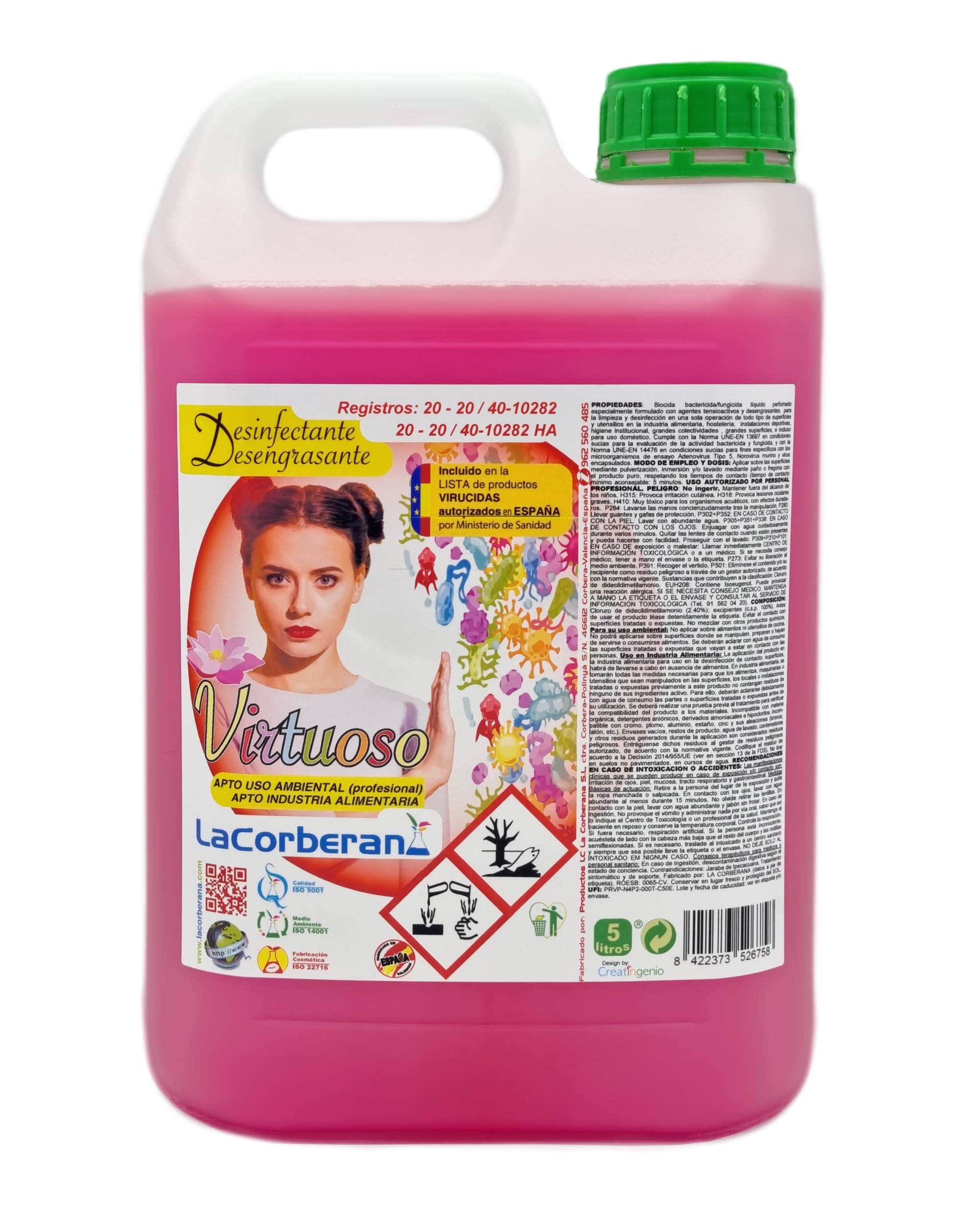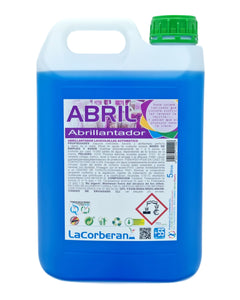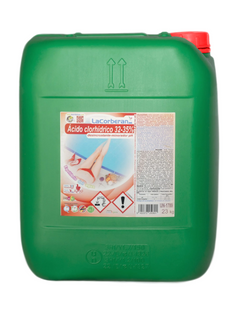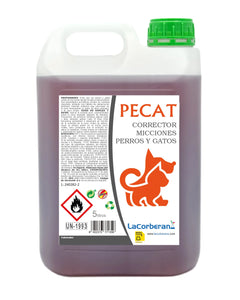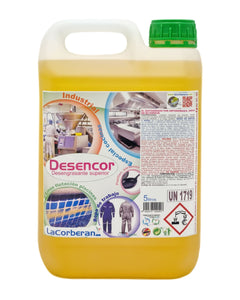When it comes to heating pool water, heat pumps have established themselves as one of the most efficient and sustainable solutions. Although we briefly mentioned heat pumps in our post on the options available for heating pools , today we want to delve deeper into their main benefits.
This article is aimed at pool owners, both in private homes and in commercial facilities such as hotels, sports centers or communities, who are looking for an effective and economical way to maintain the water at the ideal temperature .
How Do Heat Pumps Work?
Heat pumps are innovative devices that harness the thermal energy of the outside air to heat pool water without requiring large amounts of electricity. This process is very similar to how air conditioners work, but instead of cooling the air, heat pumps use it to raise the water temperature.
Operation begins when the heat pump draws in outside air. This air, although cold, contains heat that is transferred to a refrigerant fluid within the system. A compressor further heats the refrigerant, and finally, the generated heat is transferred to the pool water through a heat exchanger. This continuous cycle allows the pool water to remain at a constant, comfortable temperature without requiring large energy consumption.

Advantages of heat pumps for swimming pools
1. Energy Efficiency and Long-Term Savings
Heat pumps work by extracting heat from the outside air and transferring it to the pool water. This makes them one of the most efficient alternatives available. Although the initial investment may be higher compared to other systems, operating costs are significantly lower in the long run. This savings is especially noticeable in intensively used pools, such as those in hotels, sports centers, or community pools, where the need to heat large volumes of water is constant. With heat pumps, energy consumption is significantly reduced, which translates into lower electricity bills.
2. An Ecological Option
Heat pumps are also a more environmentally friendly solution. Unlike other systems that rely on fossil fuels, such as gas heaters, heat pumps harness the natural heat of the air. This process reduces CO2 emissions and environmental impact, which is an important consideration for those looking for a greener and more sustainable solution for their pool care.
3. Reduction of Operating Costs
The operating costs of heat pumps are considerably lower than those of other heating systems. This is especially relevant for facilities with high pool usage, such as sports centers or communities. Unlike gas heaters, which require a constant supply of fuel, heat pumps leverage a renewable and much more economical energy source, resulting in less dependence on fossil fuels and reduced operating costs.
4. Easy Installation and Maintenance
Heat pumps are easy to install and require minimal maintenance. They can be installed in almost any type of pool without significant modifications. Only a few periodic checks, such as filter cleaning, are necessary to ensure the system operates efficiently for many years. This makes them ideal for both private homes and public facilities, where simple and cost-effective maintenance is key.
5. Year-Round Use
One of the great advantages of heat pumps is that they operate efficiently year-round. Not only do they maintain the ideal temperature during the summer season, but they can also continue operating during the fall or winter, even in regions with colder climates. This allows commercial pools, such as those in hotels or sports centers, to operate year-round without depending on the whims of the weather.
6. Long Durability
Thanks to their robust design and efficient operation, heat pumps have a fairly long lifespan. With proper maintenance, this system can last more than 10 years. This translates into a profitable long-term investment for any pool owner. The durability of heat pumps is especially important for those who manage frequently used facilities, such as hotel or community pools, where system reliability is critical.
7. Added Value for the Property
A heated pool not only improves the comfort of those who enjoy it, but it can also add value to the property. In the case of hotels, sports centers, and communities, having a heated pool is an additional attraction for users and can make the difference in choosing a facility. Furthermore, in private homes, having a pool that functions year-round increases the value of the property, making it a profitable investment.
How to Keep Your Pool in Optimal Condition?
Although heat pumps help keep the water at the right temperature, it's essential to maintain your pool properly. To achieve this, La Corberana offers a wide range of pool cleaning products, ideal for ensuring the water remains clean, clear, and healthy. From water treatment solutions to surface cleaners and accessories, we have everything you need to ensure your pool is always in top condition.
Frequently Asked Questions about Heat Pumps for Swimming Pools
Here we answer some of the most common questions users often have about pool heat pumps. With these answers, we'll help you better understand how they work and what to expect from them.
What is the price of a pool heat pump?
The cost of a heat pump varies depending on the brand, model, and power. You can typically find heat pumps from €1,000 to €5,000. Although their initial price may be higher compared to other heating methods, heat pumps are more efficient, which can result in considerable energy savings over time.
How long does it take for a heat pump to heat a pool?
The time required to heat pool water depends on several factors, including pool size, desired temperature, and weather conditions. On average, a heat pump can take between 1 and 3 days to reach the optimal temperature. Once reached, the pump maintains the heat with much lower energy consumption.
What is the most suitable temperature for a swimming pool?
The ideal pool water temperature varies depending on usage and personal preferences. However, a temperature of 28°C is generally considered pleasant and comfortable for most swimmers.
Can I use a heat pump in an indoor pool?
Yes, heat pumps are suitable for both outdoor and indoor pools. They operate efficiently in both situations, as they do not depend on direct sunlight.
Is a professional necessary to install the heat pump?
Although installing a heat pump isn't overly complex, it's recommended to hire a pool heating installer. This way, you can ensure the system is installed correctly, ensuring optimal performance and adapting to the specific characteristics of your pool.
Final recommendations
Heat pumps are one of the most efficient and sustainable options for heating swimming pools, both in private homes and commercial facilities. Thanks to their low energy consumption, environmental friendliness, and low maintenance, this system is ideal for keeping pool water at a comfortable temperature year-round.
To optimize the performance of your heat pump and keep your pool clean, La Corberanapool cleaning products are the perfect choice. Discover how we can help you enjoy a spotless, heated pool all year round!
